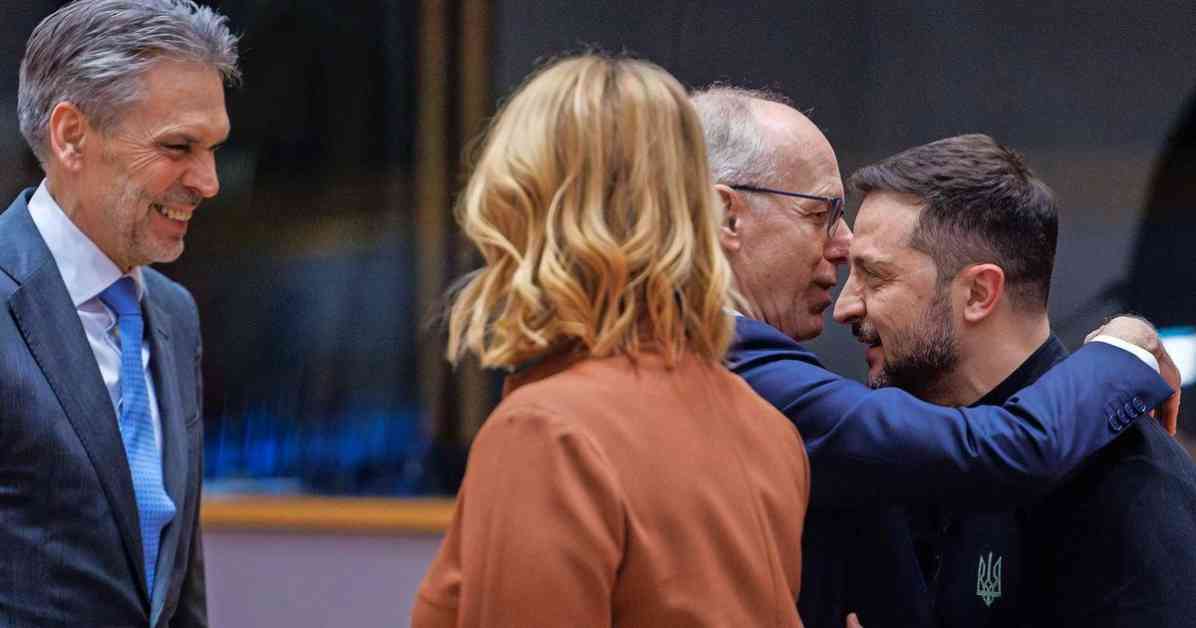Premier Schoof’s decision to allocate 3.5 billion euros in aid to Ukraine during a session in the Dutch Parliament has stirred up discontent within the government and coalition. The manner in which this financial support was distributed has raised eyebrows and sparked discussions among officials, leading to what promises to be a heated exchange in the upcoming cabinet meeting. Premier Schoof is scheduled to meet with Geert Wilders of the PVV and Thierry Baudet of the BBB to address their concerns and pacify any tensions that have arisen as a result of this decision.
The allocation of such a substantial amount of financial aid to Ukraine has raised questions and prompted debate among politicians and the public alike. While the intention behind this support may be noble, concerns have been voiced regarding the process and transparency of this decision. As the details of this aid package are scrutinized and analyzed, it has become evident that there are differing opinions on the appropriateness and effectiveness of this allocation.
Challenges and Criticisms
One of the primary challenges facing Premier Schoof and the government is the perception of arbitrary decision-making in the distribution of this aid. Critics argue that the lack of clarity and consultation in this process has undermined the credibility of the government and raised doubts about the motives behind this allocation. The need for transparency and accountability in such financial decisions is paramount, and the current situation has highlighted the importance of open dialogue and clear communication with all stakeholders involved.
Moreover, the timing of this aid package has also come under scrutiny, with some questioning the urgency and necessity of providing such a significant amount of support to Ukraine at this particular moment. As geopolitical tensions continue to escalate in the region, the decision to allocate funds to Ukraine has been met with skepticism and criticism from various quarters. It is essential for the government to address these concerns and provide a clear rationale for their actions to ensure transparency and build trust among the public.
Future Implications and Considerations
Looking ahead, it is crucial for the government to learn from this experience and take into account the feedback and criticisms that have emerged in the aftermath of this decision. Engaging in constructive dialogue with opposition parties and other stakeholders will be essential in order to address any lingering doubts and concerns about the allocation of aid to Ukraine. By acknowledging the valid points raised by critics and demonstrating a willingness to listen and adapt, the government can work towards building consensus and restoring confidence in its decision-making process.
In conclusion, the recent allocation of 3.5 billion euros in aid to Ukraine has sparked controversy and debate within the Dutch political landscape. Premier Schoof and the government must navigate these challenges with sensitivity and transparency to address the concerns raised by critics and ensure that the decision-making process is fair and accountable. By engaging in open dialogue and demonstrating a commitment to listening to all perspectives, the government can work towards building a stronger foundation of trust and cooperation with all stakeholders involved.





















